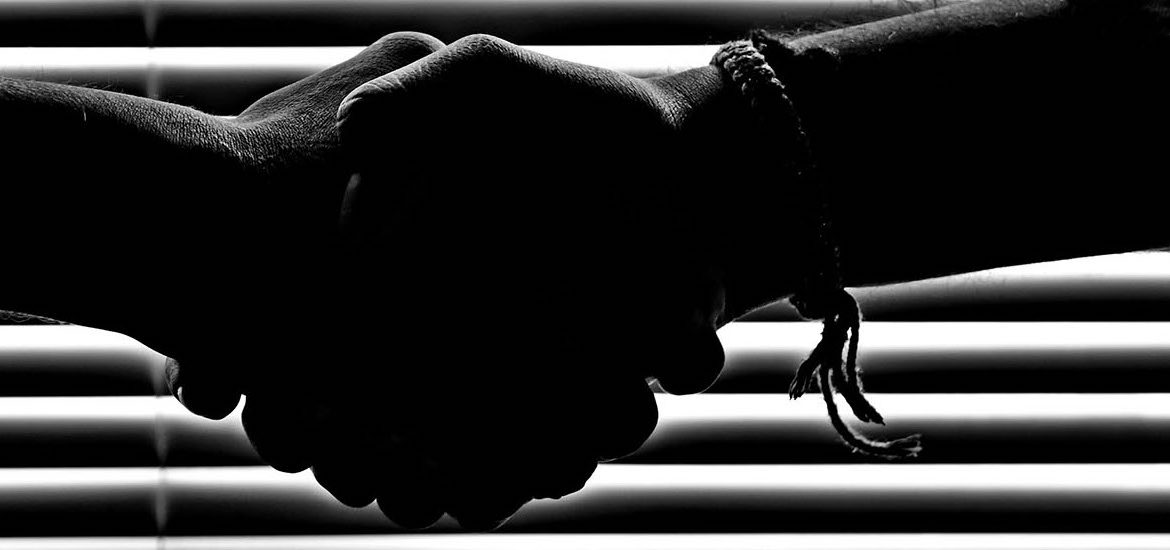As the Division of Diversity, Equity & Inclusion stated earlier this month, “Universities are not exempt from facing issues that plague our society and threaten our democracy.” It is extremely important to recognize these issues and take the necessary steps to educate ourselves and those around us on the dangers of racism, to start making the changes the world needs to see.
These courses* are available to Rowan students, focusing on the history of race, the dangers that racism instills in society, and ways that we can prevent racism as a community.
- Black Lives Matter: An Ethnographic Perspective of The Movement (AFST 11350)
Oppression, injustice, and violence has plagued black and brown lives through a history of colonization in the United States. Beyond the black nationalist movements of the 19th and 20th centuries, the New Jim Crow has given rise to the #BlackLivesMatter movement. The #BLM Movement has erupted as a platform that has fueled social media activism and creates space for grassroots organizing that emboldens narratives of rupture and resilience and asserts the voices and dignity of all.
This course will cover topics related to the socio-cultural, political, legal, and education foundational aspects of the Black Lives Matter Movement. Students will gain real-life perspectives on the impact of the BLM Movement on America’s current social justice landscape as well as their own personal assumptions. Students will engage in critical reflection, in-class discussion and debates, as well as an analysis of the constructs of culture, race, and class in order to gain a better understanding of their identity and social categorizations in America’s established systems of oppression.

- Anthropology of Race and Ethnicity (ANTH 02275)
This course focuses on the historical development and current status of the race concept, a purported descriptor of human diversity and potential. Using the perspectives of four-field anthropology, this course covers the historical development of the race concept as well as current scholarship, controversies and consequences of race. Students will read relevant texts from biological anthropology, linguistics, cultural anthropology and archaeology.
- Examining Intersectionality in Critical Theories of Race, Class, Gender, Sexuality & Citizenship (CASE 90512)
This course provides an overview of intersectionality and selected theoretical lineages which intersectionality often draws from including feminism, critical theory, critical race theory, ethnic studies, queer studies, nationalism, and de/post-colonialism. Beyond studying and summarizing relevant work, the course challenges students to critically synthesize and apply these frameworks to the study of urban education and communities.
- Race, Ethnicity, Class & Justice (CJ 09532)
This course will include an in-depth study of race, ethnicity and class, and their evolving impact upon the U.S. criminal justice system, as well as the system’s impact on minorities, the poor, and their communities. A major focus of this course will be a critical examination and analysis of how race, ethnicity, and class have impacted the nature, content, and quality of justice that is rendered within the nation. One major purpose of our study is to provide students with an opportunity to gain sophisticated understanding of the inequities that minorities experience within our system of justice and in the wider community. Students will learn to critically assess significant research concerning race, ethnicity and class and the criminal justice system, and understand the practical applications of this research.
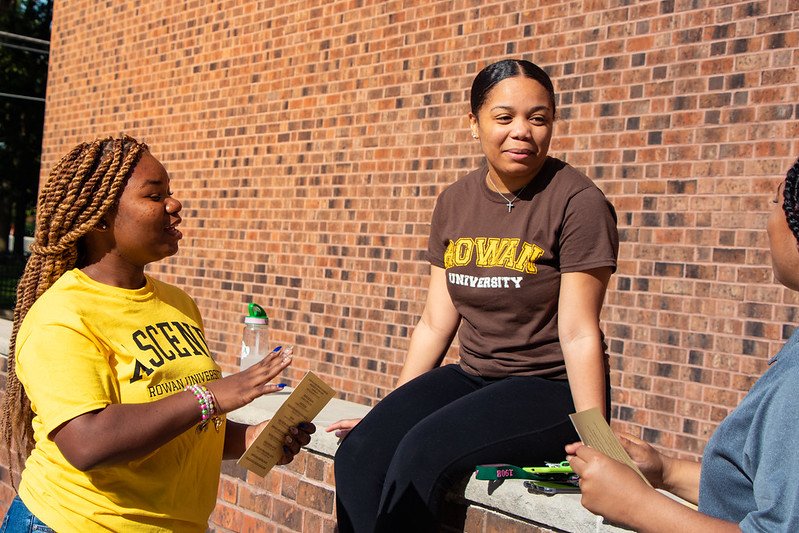
- African American Literature I (ENGL 02354)
This upper-level survey course examines African American literature from its beginnings in the colonial period through the Harlem Renaissance. We will engage in close readings of seminar vernacular, autobiographical, poetic, creative, and critical tests, exploring the relationship between literary expression and the highly charged American social, cultural, and political histories that form its context.
- Diversity, Equity, and Inclusion in U.S. Literature (ENGL 02530)
This class explores the ways literary texts enforce, subvert, or otherwise complicate constructions of race, ethnicity, class, gender, age, physical ability, religion, and/or sexual orientation. The course will address topics such as the formation of identity, both personal and cultural; privilege and exclusion; assimilation and the myth of the melting pot; immigration; geographical and metaphorical borderlands; and the complexities of ethnic, religious, and political nationalism.
- Hip Hop Culture: Music, Lifestyle, Fashion and Politics (MUS 40344)
The main objectives of this course are to discuss the origins of Hip Hop culture and study its influence around the world. Students will explore the key elements of Hip Hop, understand the importance and necessity of entrepreneurship and analyze how the Hip Hop Culture has evolved into a dominant force over the years. Students will examine the impact that Hip Hop has on fashion by helping to catapult the sales and positioning of major fashion and sneaker brands as well as creating independent clothing lines by way of entrepreneurship. The course will discuss and analyze the unprecedented effects and influence that Hip Hop has on global lifestyles, language, and politics.

- History of American Education (FNDS 21150)
This course provides an in-depth study of American education from 1600 to the present, covering preschool through post-secondary education. It focuses on the social forces, sources of conflict, major educational figures and patterns of schooling during each period. In addition, the course will highlight the ways in which diversity has been accommodated, marginalized, or rejected in American education. Students will be able to identify and discuss ways in which diversity has been accommodated, marginalized, or rejected in American education.
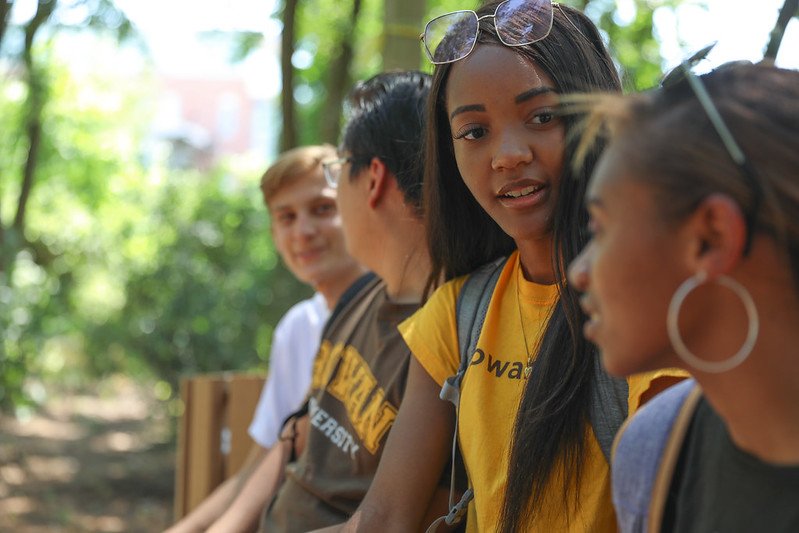
- Songs Of Praise/Protest (INTR 01172)
This course will examine the ways in which music has served as an instrument for social change. African-American music in the form of Spirituals and Blackface Minstrelsy will provide a mechanism for exploring social change, tensions between races, confused dynamics of racial identity, and stereotypes. Hymns of the late 18th and early 19th century will demonstrate how women used song as a means of self-expression denied them in other spheres. Finally, the civil rights and protest songs of the 60s and 70s will provide a backdrop for exploring issues of race and social culture.
- Minorities, Crime And Criminal Justice (LAWJ 05205)
In this course students critically examine the involvement of minorities with crime in the U.S. both as perpetrators and victims. Additionally, they will be afforded the opportunity to understand, critically examine, and apply significant theoretical perspectives for the study of minority criminality. They will develop an understanding of the impact of race and class within the law-making process, the content of the law, and the quality of justice afforded minorities within the American criminal justice system.
- Philosophy and Race – WI (PHIL 09327)
This course will explore philosophical issues related to “race,” including the role of modern European philosophers in the development of the concept of ‘race’ and historical and contemporary critical examinations of ‘race’ and racism.
- The Politics of Race in American Society (POSC 07324)
This course examines the central role of race in American political culture and American politics at large. We will examine concepts through the use of interdisciplinary resources including film, biography and scholarly materials. The course will approach the study of race through an intersectional lens.
- Psychology Of Racism And Ethnocentrism: Causes, Development, Consequences, Solutions (PSY 01310)
This course provides an opportunity for students to develop critical understanding of psychological perspectives regarding the root causes, complex patterns, and the individual, group, and societal consequences of racism and ethnocentrism in the United States of America. The course will draw upon comparative data regarding the psychological factors involved in historic or contemporary race and ethnic relations within selected international contexts to explore parallel and unique cross-cultural phenomena.
- Environmental Justice: Race, Class, and Gender (SOC 08442)
This course examines issues of environmental equity and social justice. It examines the rights of people to live in a clean environment free from hazardous pollution or contamination and to access the natural resources necessary to sustain health, safety, and livelihoods. A primary focus of this course will be the topics of race, class, and gender as they relate to environmental disputes.
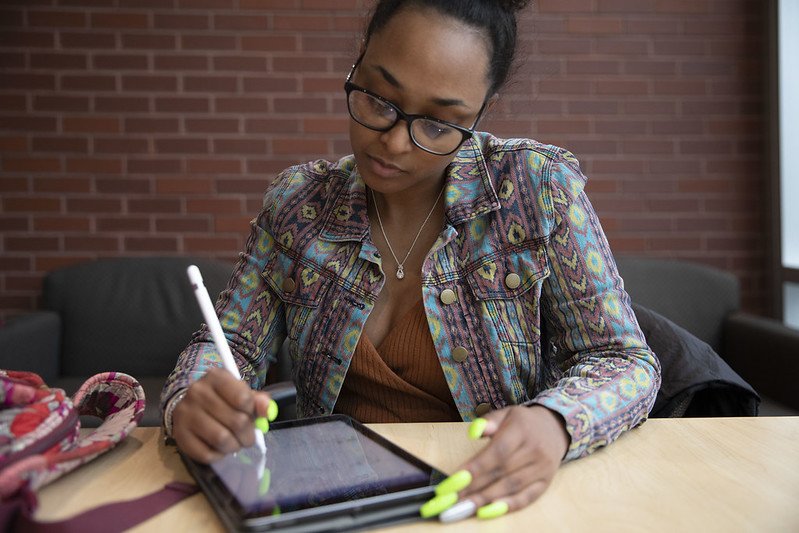
15. Critical Race Theory: Social Justice, Advocacy and Intervention (SOC 08488)
Students will explore the social construction of race and the subsequent implications this phenomenon has for particular members of this society. Building upon the origins of the Critical Legal Studies Movement and Critical Race Theory (CRT), students will examine their own dispositions for significant issues from the centrality of race to better understand the need for becoming social justice advocates while learning a variety of social justice intervention strategies.
- Critical Race Theory: Application and Intervention (SOC 08578)
Students will explore the social construction of race and the subsequent implications this phenomenon has for particular members of society. Building upon the origins of the Critical Legal Studies Movement and Critical Race Theory (CRT), students will examine their own dispositions for significant issues from the centrality of race, class and gender to better understand the need for becoming social justice advocates while learning a variety of social justice intervention strategies. Specific attention will be focused on the medical/clinical setting where issues of race, class and gender can pose barriers to culturally competent care for clients.
- Black Americans and American Politics (POSC 07324)
This course examines the role of Black Americans in the political system, the forms and changing nature of their participation and a review of judicial and administrative decisions affecting the political and social status of Black Americans. This course may not be offered annually.
- African American History to 1865 (HIST 05376)
This course surveys the major social, economic and cultural developments of the black community from Africa to the Civil War. It emphasizes a comparison of the transition from Africa to slave culture and studies the contribution of blacks to the making of America.
- African American History Since 1865 (HIST 05377)
This course studies the development of the black community from emancipation to contemporary America, tracing such major themes as the pattern of migration and the various methods of black protest developed and employed in the 20th century.
- Sociology of Minority Groups (SOC 08230)
This course analyzes the nature of the relationships among ethnic, racial and other groupings in our society. It examines and tests sociological theories by the study of specific past and present minority group situations.
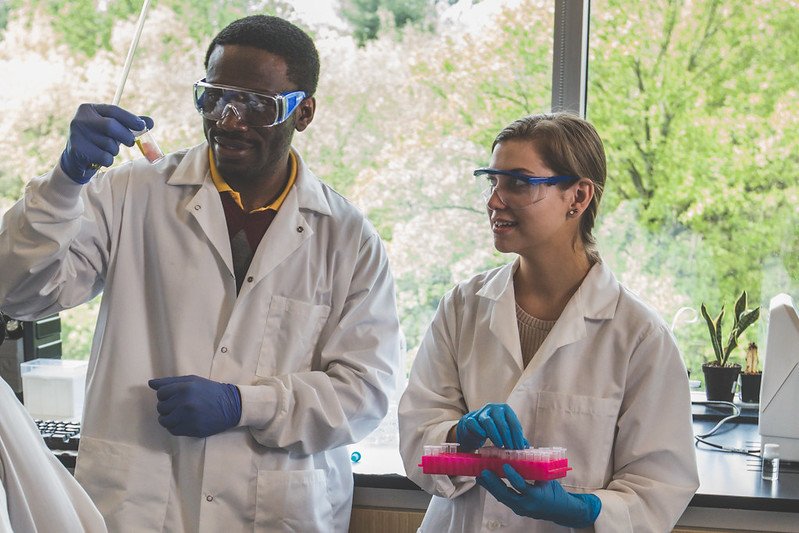
*Disclaimer: Not all of these courses are offered this fall, and some may already be full; check for availability when it is time to register.
Like what you see?
Header photo courtesy of:
Pexels

